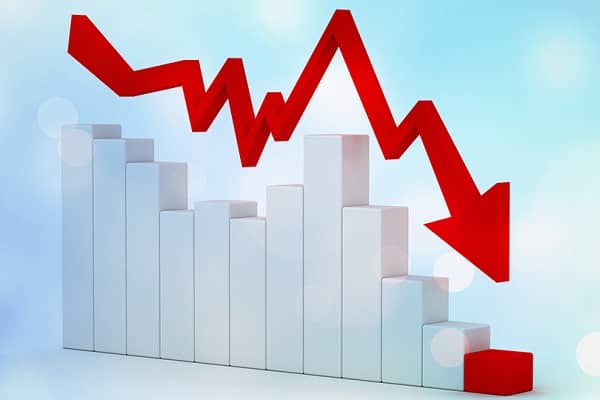The Iranian regime’s state media have begun to speak about the economic crisis plaguing the country and how the officials are creating many of the problems through their corruption.
The Sharq daily wrote on Sunday, May 30, 2021, that the cost of many essential goods jumped by a few hundred per cent over the past year, citing statistics from the Ministry of Industry, Mines and Trade.
It explained: “The prices of some types of livestock and poultry feed, fruits, legumes and rice, oil, live poultry as well as metal in 2020 have increased by more than 100%. The price of 41 goods has increased by 50 to 100 per cent.”
Meanwhile, the Setar-e Sobh daily wrote about a report from the Statistics Center on the inflation rate in various Iranian provinces, where it was established that inflation from May 2020-2021 was 41%.
The Mostaghel daily wrote on Monday, May 31, that Iran is in a “disappointing situation”, according to global development indicators, ranking 181st out of 202 countries and that this would be more obvious during the election campaign.
Regime economist Vahid Shaghaghi said: “Iran’s economy has several super-crises and challenges. In the next decade, we face four crises in the first layer: water crisis, population crisis, pension fund crisis, and the end of the oil export crisis. In the second layer, we have a super-challenge called imbalance and the challenge of the banking system. In the third layer, we face challenges such as poor business climate, growing inequality, youth unemployment, pollutants, and environmental issues, and economic corruption.”
Meanwhile, the ILNA News Agency wrote about the regime’s “Empowerment and sustainability of the Social Security Organization” plan, which would attack the salaries of working-class Iranians and threatens the lives of over 14 million employees by removing the minimum wage, legalising child labour, and eliminating pensions.
The ILNA wrote: “[The current] wage of 4 million Tomans is severely insufficient and hardly covers half of the minimum livelihood costs. With this plan, employers can pay only one or a maximum of two million Tomans to the unskilled workers whose bargaining power is severely limited in the community and outside the workshop.”
As the economy worsens, the Iranian people are getting angrier and are likely to revolt.
The Ebtekar daily wrote: “The fear that seems to have engulfed a large part of Iranian society has made people worry about the indefinable futures and is slowly sowing the seeds of despair in their hearts. This despair undoubtedly turns into uncontrollable anger soon, and it will be very difficult to handle.”
